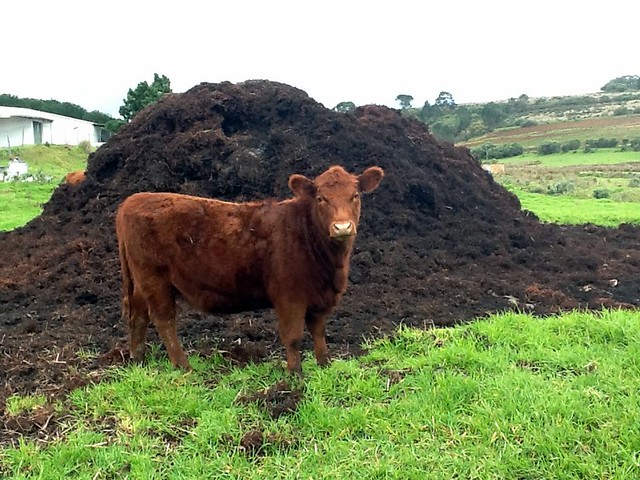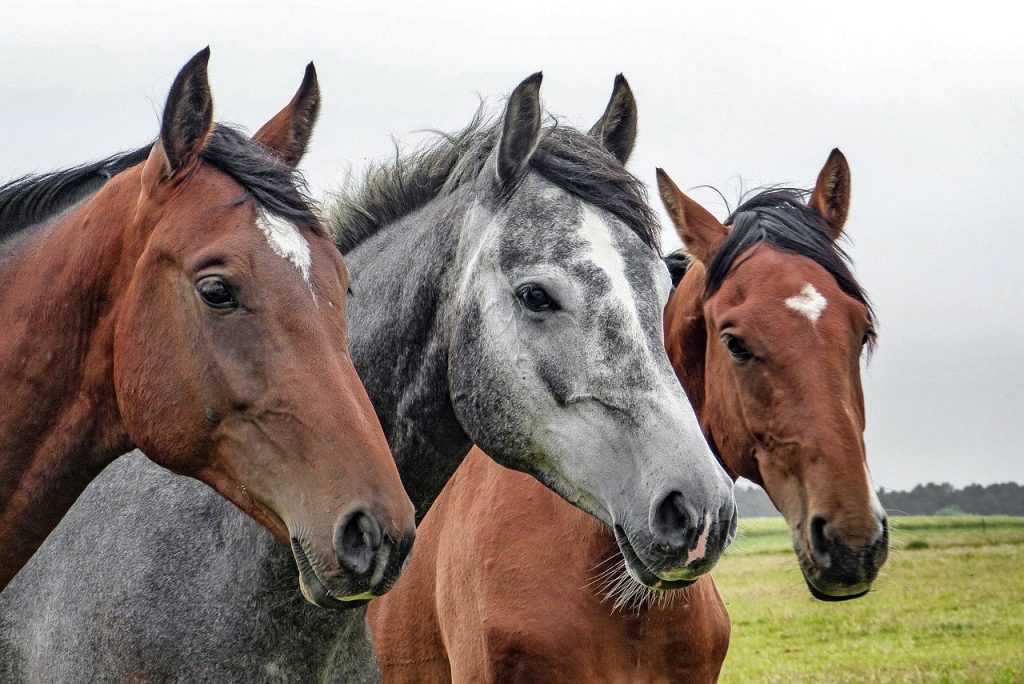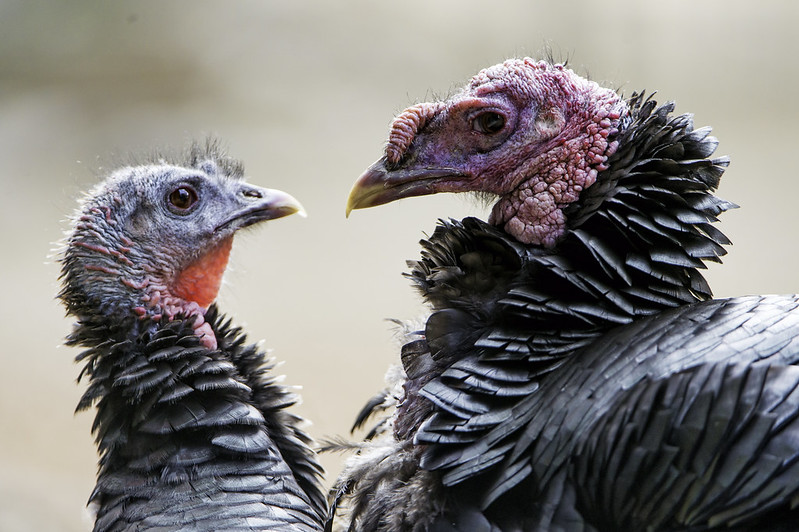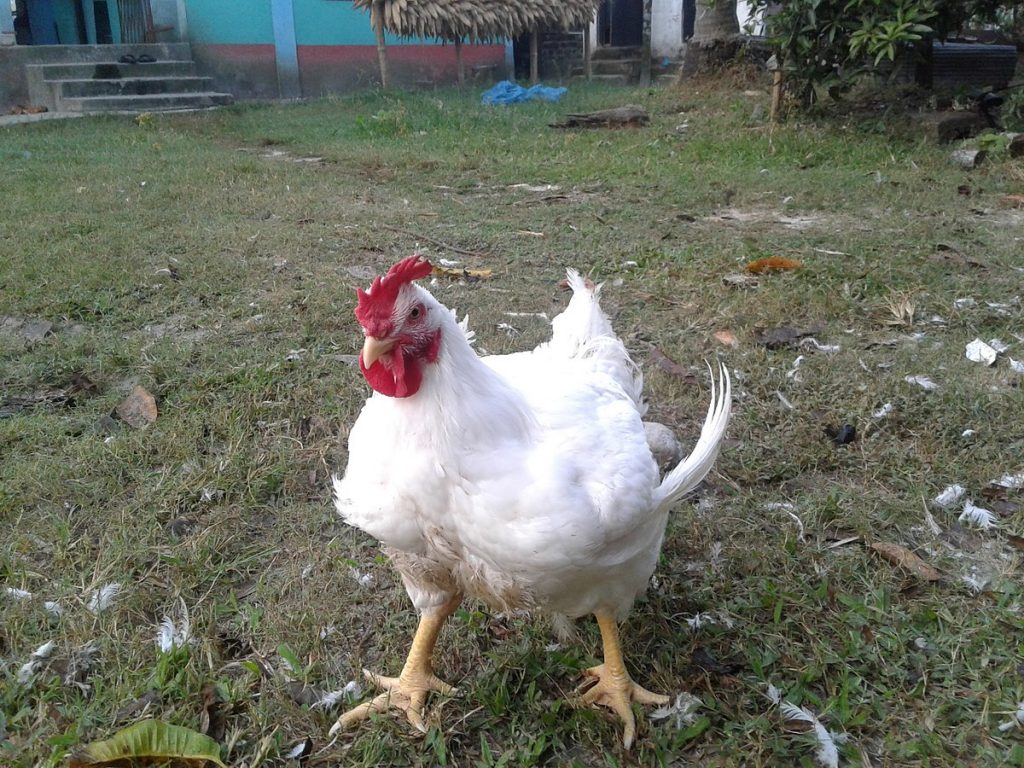
A veterinary journal has retracted a paper from a major pet food company after criticism prompted the authors to re-examine their data.
The retraction is the first in the Journal of the American Veterinary Medical Association’s 180 years of publication, Lisa Fortier, the journal’s editor in chief, told Retraction Watch. But veterinary researchers who wrote to the journal with concerns about the article say the retraction doesn’t address all the issues they raised.
The article, “Sixteen years of canine hepatic copper concentrations within normal reference ranges in dogs fed a broad range of commercial diets,” appeared online March 7. Most of the authors are affiliated with Hill’s Pet Nutrition.
Within weeks of the article’s publication, the journal got the first of seven letters “crying foul,” Fortier said.
Continue reading Veterinary journal retracts pet food company’s paper about copper in dog food





